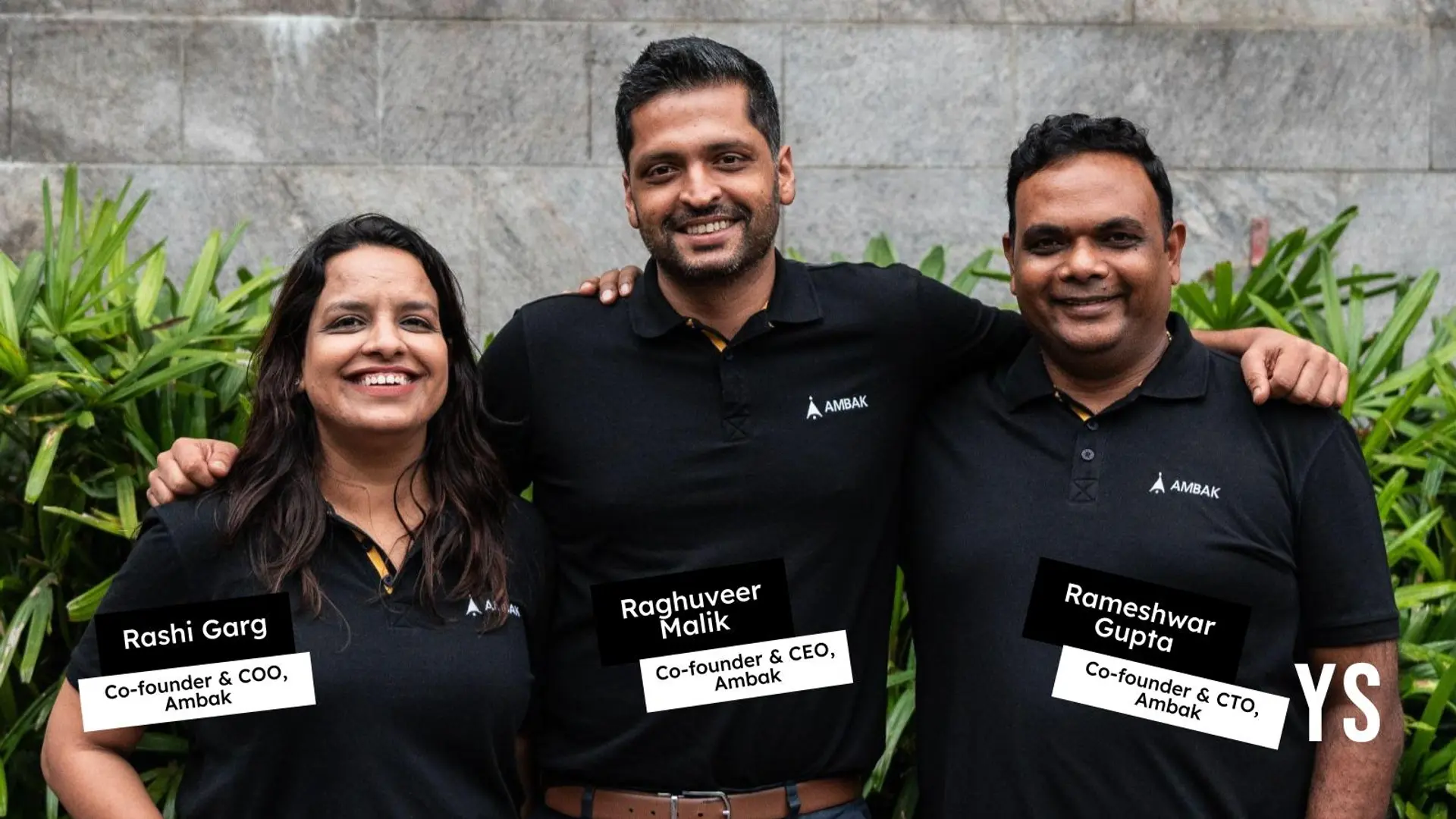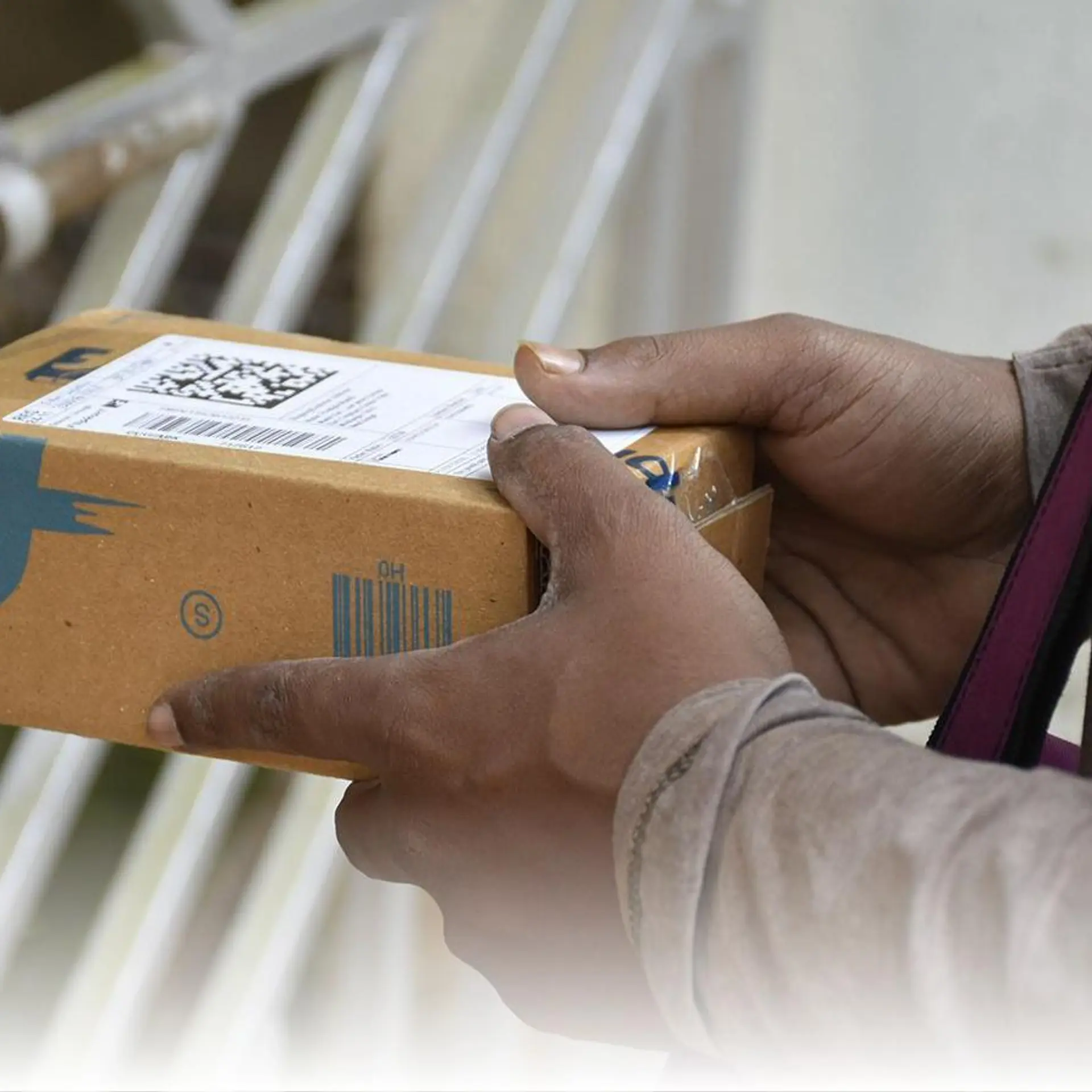
Fship
View Brand PublisherHow D2C brands can ensure efficient logistics with cost-effective deliveries
At the Jaipur edition of D2C Carwaan, founders explored strategies to optimise supply chains, ensure timely delivery, and manage costs while balancing authenticity with scalability.
An essential player works round the clock behind the scenes of India’s burgeoning ecommerce market: the logistics provider. In an age of digital commerce, where customers are demanding a greater selection of products at low costs and speedy delivery, the phenomenal rise of direct-to-consumer (D2C) brands is driving logistics companies to expand their networks to serve smaller towns.
Logistics and technology ecosystems have emerged as critical enablers, ensuring seamless and reliable delivery experiences that form the backbone of this flourishing sector.
To highlight how logistics solutions are revolutionising the ecommerce industry, a panel discussion was held at the Jaipur edition of D2C Carwaan, an event aimed to onboard brands that capture the essence of India and help them establish a network with the right stakeholders, including investors, enablers, and mentors.
The panellists – Shrawan Daga, Founder, Krishna's Herbal & Ayurveda; Nitin Jain, Founder and CEO, Indigifts; and Raju Kumar Sinha, Chief Business Officer, Fship – shared their views and insights on the topic ‘Logistics and beyond: Building seamless solutions for ecommerce success’.
Race to boost delivery speeds
Daga said one of the biggest hurdles in logistics for D2C brands is fast delivery. Over the past year, ecommerce marketplaces have made significant strides in enhancing delivery speed, introducing same-day and next-day services to cater to customer demands.
“The sooner you deliver your products, the lesser will be your Return to Origin (RTO) rates—the rate at which goods are returned to the seller—and higher your profits,” he said, adding that his company dispatches orders from 11 states. Managing customer returns is an essential component of ecommerce logistics for D2C firms.
Each D2C brand has its own set of challenges. “Prepaid orders don’t start coming in unless you have a loyal customer base. One of the key reasons for brands with higher RTOs is cash on delivery (COD), which involves a lot of impulse buying,” Sinha said. Suggesting solutions like prepaid shipping and AI-driven address verification, he said it’s best to replicate inventories at multiple warehouses or nearest to customers to ensure speedy delivery and ensure a smooth logistics management process.
With a focus on personalised solutions, Jain said Indigifts does not work as per customers’ needs as they are never loyal. “We have categorically decided at what price point we want to work and therefore we don’t do COD to maintain profit margins. If you don’t have the right logistics partner, you’ll never be able to build your distribution,” he noted.
On avoiding COD, Jain shared his three-pronged business funnel – customer, consumer, advocate – a design methodology he applies on his website. “The fight is to convert customers to consumers, and to achieve this it is important to create a selection of the product from where you want to sell what,” he said.
How free shipping shapes online shopping
The era of lightning-fast, free shipping has transformed expectations and affected retailers and brands of all sizes. All panellists agreed that free shipping, which is now part of customer behaviour, has become a mindset. They also addressed the impact of free shipping on profits, suggesting strategies like surface shipping and zone-specific logistics.
But how can brands improve their profit margin and reduce logistics costs while offering free shipping to customers? “With India now boasting the second-largest road network globally, a COD-driven business where speed matters must opt for surface shipping, which is almost 35-40% cheaper than air shipping,” said Sinha, adding that brands must also be careful in selecting the right courier partner.
Though many brands offer free shipping or free shipping with an order minimum, to meet current consumer expectations, at the end of the day, these brands still need to pay for these shipping costs and factor them into their business models.
Advising entrepreneurs on how to deal with logistics challenges that they face, the speakers spoke about focusing on regional shipments to reduce shipping costs and RTOs. Firms must work with reliable third-party logistics partners who have experienced staff in ecommerce and wide network coverage, or specialised ecommerce courier aggregators who offer services of all leading couriers on one single platform.







